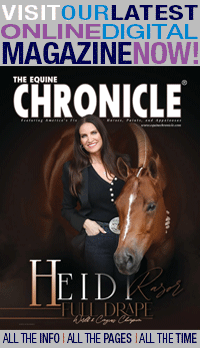Inaugural Equestrian Businesswomen Summit Scheduled For Jan. 9th in Palm Beach, FL.
December 28, 2018 Comments Off on Inaugural Equestrian Businesswomen Summit Scheduled For Jan. 9th in Palm Beach, FL.
Topics to include: Building a Successful Equestrian Business; Jobs Panel – So You’re Not a Pro Rider. Job Searches Off the Saddle; Social Media Panel – Do You Really Need Snapchat? What’s Your Social Strategy?; Work/Life Balance Panel – Put the Phone Down. Finding Balance in a Connected World.
Continue reading …Surgeons Repair Quarter Horse’s Broken Leg With 12-Hole Locking Compression Plate and Screws
December 28, 2018 Comments Off on Surgeons Repair Quarter Horse’s Broken Leg With 12-Hole Locking Compression Plate and Screws
For the first month of recovery, Holly was kept on strict stall rest wearing gel orthotic boots. UC Davis provided check-ups at 1-, 2-, 3-, 6-, and 12-month intervals. While his recovery was slower than hoped, Holly did show positive signs during his recovery – most importantly that there was no sign of laminitis in either front hoof.
Continue reading …Vets Learn “Madigan Foal Squeeze Technique”
December 28, 2018 Comments Off on Vets Learn “Madigan Foal Squeeze Technique”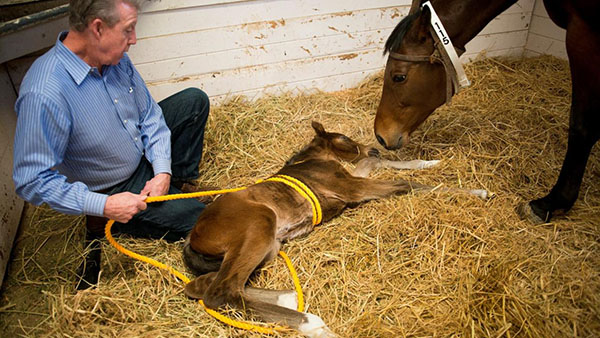
Equine veterinarians learned about the “Madigan Foal Squeeze Technique”—a life-saving procedure to immediately treat Maladjustment Syndrome in newborn foals—in the presentation UC Davis Distinguished Professor John Madigan gave at the 64th Annual American Association of Equine Practitioners (AAEP) Convention & Trade Show, held this past week in San Francisco.
Continue reading …Saddle Up to Ride With A Pro at 2019 Equine Affaire
December 27, 2018 Comments Off on Saddle Up to Ride With A Pro at 2019 Equine Affaire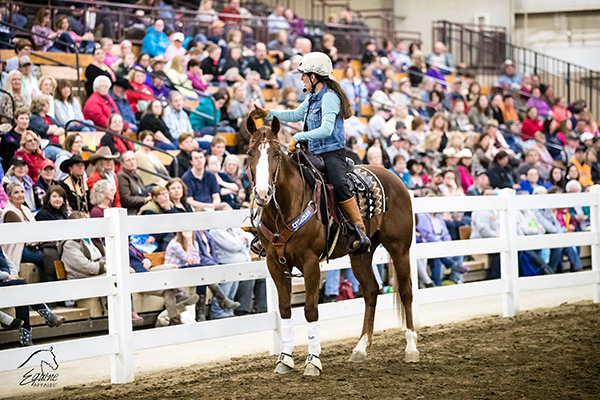
With more than 200 educational sessions, clinics, and demonstrations on the schedule, the Ride with a Pro program offers novices and experts alike the opportunity to learn something new. This year’s clinicians are seeking participants of all skill levels and interests, as well as horses and riders with specific issues. Presenters include Guy McLean and Julie Goodnight (natural horsemanship), Steve Lantvit (general training and horsemanship), Jason Irwin (foundation training and general horsemanship), Neil Davies (fear-free horse training), Mette Rosencrantz (dressage), Candice King (hunter/jumper), Sandy Collier (reined cow horse), Jesse Westfall (reining), Jane Melby (barrel racing), Dana Hokana (western horsemanship and hunter under saddle), Muffy Seaton (driving), and Michael Gascon (easy gaited horses). More presenters will be announced soon, so check equineaffaire.com often for updates.
Continue reading …New Equine Pre and Probiotic Product, REVYVE
December 27, 2018 Comments Off on New Equine Pre and Probiotic Product, REVYVE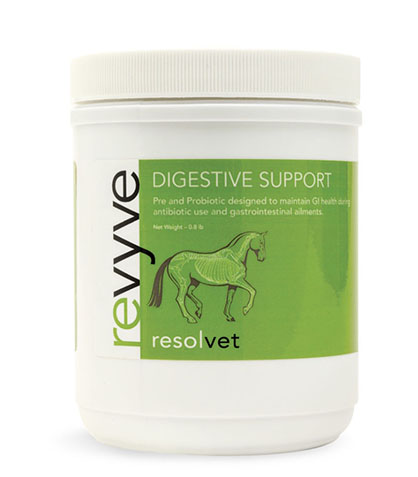
The two-step process imbeds the yeast in a protective matrix of proteins, polysaccharides and other substances. This protects and maintains the integrity of the Saccharomyces boulardii during passage through the digestive tract.
Continue reading …Former NCEA Competitor Helps Other Riders With Their Mental Prep
December 27, 2018 Comments Off on Former NCEA Competitor Helps Other Riders With Their Mental Prep
“I think a lot of times, as equestrians, we discount ourselves as athletes.”
Continue reading …Introducing a New Horse to the Barn
December 26, 2018 Comments Off on Introducing a New Horse to the Barn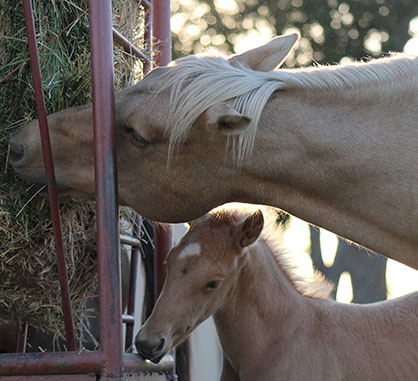
Horses settle much more quickly if there is another horse in proximity on their arrival. As you may want to quarantine your new horse for a while before introducing him to any other horses on the property, you may not want to stall a compatriot close by. As long as the new arrival can see another horse in a paddock or field on the property, it will be a beneficial calming influence. Don’t fret if whinnying erupts when the horses see each other. Just ignore it. It will soon stop.
Continue reading …Think Winter Temps Will Kill Off Strongyle Worm Eggs? Think Again!
December 18, 2018 Comments Off on Think Winter Temps Will Kill Off Strongyle Worm Eggs? Think Again!
Like many horse owners, I was under the assumption that freezing temperatures in winter would kill off any small strongyle worm eggs or larvae on horse pastures, and stop the life cycle of these parasites when they are outside of their equine host. Apparently that is not the case.
Continue reading …New Efforts Towards “Gene Doping” in Horses Thwarted
December 14, 2018 Comments Off on New Efforts Towards “Gene Doping” in Horses Thwarted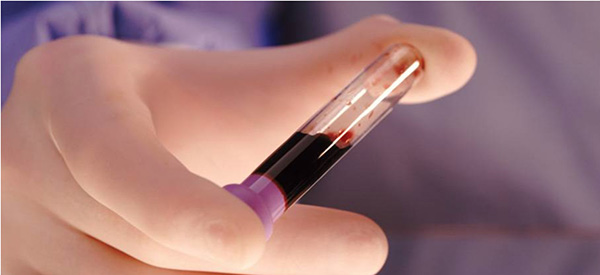
Recently, a process called “gene doping” has come to light*. This illegal and unethical, yet scientifically remarkable, process involves injecting horses with small pieces of genetic material, referred to as “transgenes,” which have been linked to athletic performance. Once these transgenes have been injected, they integrate into the horse’s own DNA, presumably giving the horses an athletic advantage.
Continue reading …The Horse: Pet, Livestock, or Something Different Entirely
December 13, 2018 Comments Off on The Horse: Pet, Livestock, or Something Different Entirely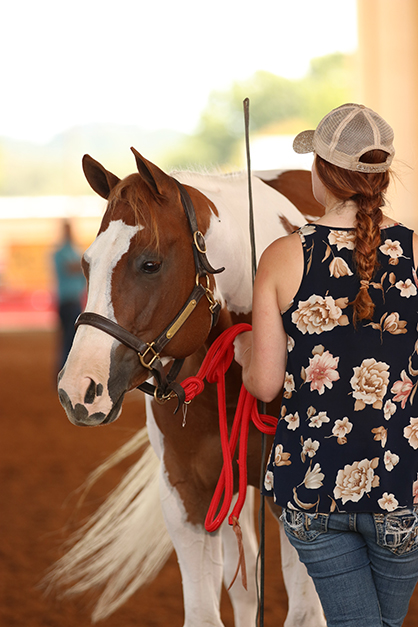
Horse industry highlights include a revised statutory definition that excludes equines from a blanket definition of “pets” and funding for key livestock and international market development programs through Fiscal Year (FY) 2023. In the wake of extensive horse industry outreach, lawmakers struck language in the senate version that defined horses as “pets” within the context of a “Pet and Women Safety” (PAWS) measure. Industry requested that lawmakers delete “horses” from the proposed statutory definition of “pets,” but retain “horses” as a stand-alone category.
Continue reading …